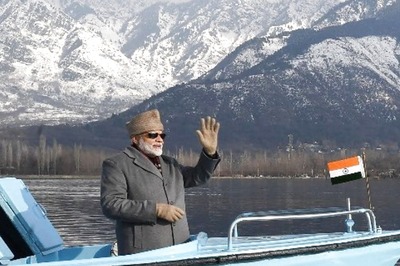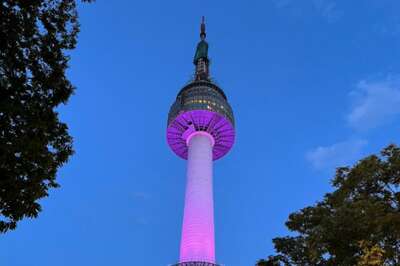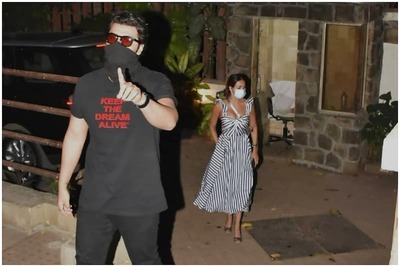
views
The Delhi High Court on Friday said nurses not dealing with Covid-19 patients cannot be included in the Pradhan Mantri Garib Kalyan Yojana, which provides for a Rs 50 lakh insurance cover to frontline health workers, as doing so might affect the very budget of the scheme. A bench of Chief Justice D N Patel and Justice Prateek Jalan said it ought to be kept in mind that such schemes are formulated on the basis of availability of funds.
"If more persons have to be included, budget of the scheme will be affected. Therefore, it is a policy decision to be taken by the respondent (Centre) whether to include other nurses or not," it said, adding that "this court will be slow to interfere with a policy decision". The observation by the bench came after perusing the affidavit filed by the Heath Ministry stating that under the scheme, Rs 50 lakh insurance cover has been provided to 22.12 lakh health workers, including community health workers, who may have to be in direct contact of COVID-19 patients and therefore, would be at risk of being impacted by the virus.
The affidavit was filed through central government standing counsel Anil Soni. The court said such health workers who are in direct contact with COVID-19 patients are at a high risk of getting infected and are a class unto themselves and it is for them the insurance benefits have been extended.
The observation came while disposing of a PIL by an NGO which had sought that the benefit of the scheme be extended to nurses working in private hospitals and nursing homes, whether in direct contact with coronavirus patients or not, and that the insurance premium be paid by the authorities at least for the limited period during the COVID-19 pandemic situation. Besides that, the plea by NGO Distress Management Collective had also sought that N-95 masks and PPE kits be provided to all nurses in private nursing homes and hospitals, and ex-gratia be given to those working in such establishments who die attending to COVID-19 patients.
The plea had also sought setting up of a helpline on which the nurses can raise their grievances or lodge a complaint with the Directorate General of Health Services (DGHS). On this aspect, the court asked the Delhi government, represented by additional standing counsel Anupam Srivastava, to consider setting up a special dedicated helpline for the nurses.
The NGO had also sought implementation of a July 14 circular of DGHS directing all registered hospitals, both government and private, to file an undertaking that necessary PPE kits, N-95 masks and other protective equipment was being made available to their staff, including nurses, paramedics and housekeeping staff. On this aspect, the bench directed that the authority which issued the circular has to ensure that it is executed and implemented by the private nursing homes and hospitals.
The court said that any individual case of violation can be brought to its attention and requisite orders will be passed after hearing the alleged violator. It went on to add that in the instant case, looking at the steps taken by the Centre and the Delhi government it sees no further reason to monitor the case.
"Suffice to say that respondents (Centre and Delhi government) have taken all care of the situation," it added. The Delhi government, in its affidavit, had said that ex-gratia would be provided posthumously to only those persons, whether in private or public sector, who are deployed for Covid duties.
It also said that a nodal officer would be appointed by DGHS for dealing with complaints of health workers. The NGO, which claims to be a group of social workers, healthcare professionals, lawyers, retired bureaucrats and retired judges, had alleged that the Centre and the Delhi government have a "discriminatory approach" towards nurses in private hospitals and nursing homes as compared to those working in state-run facilities.
It had also claimed that private entities which run these nursing homes/hospitals "are maintaining nil or meagre inventory of requisite stock of safety equipment" and are not exercising basic precautions for safety and security of their healthcare workers.



















Comments
0 comment